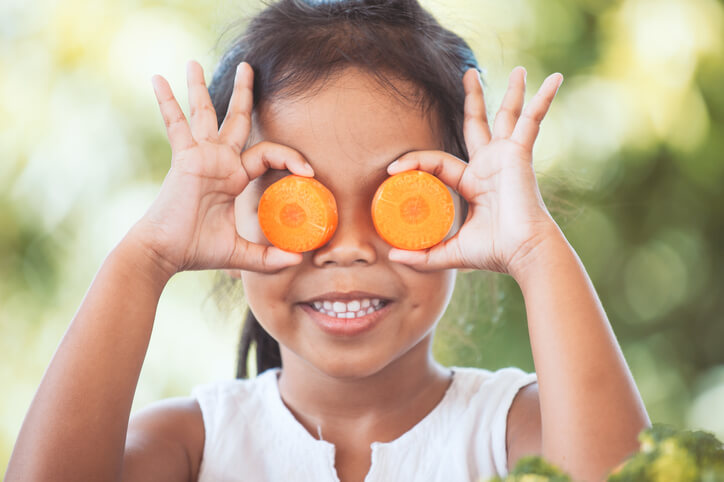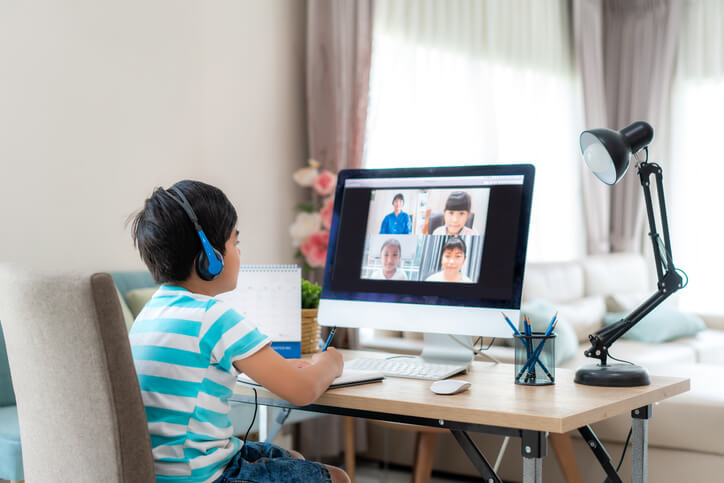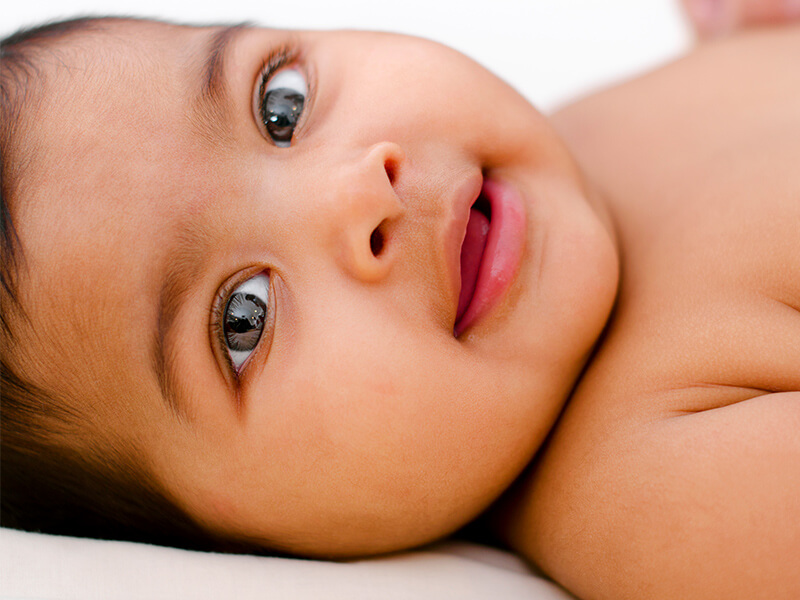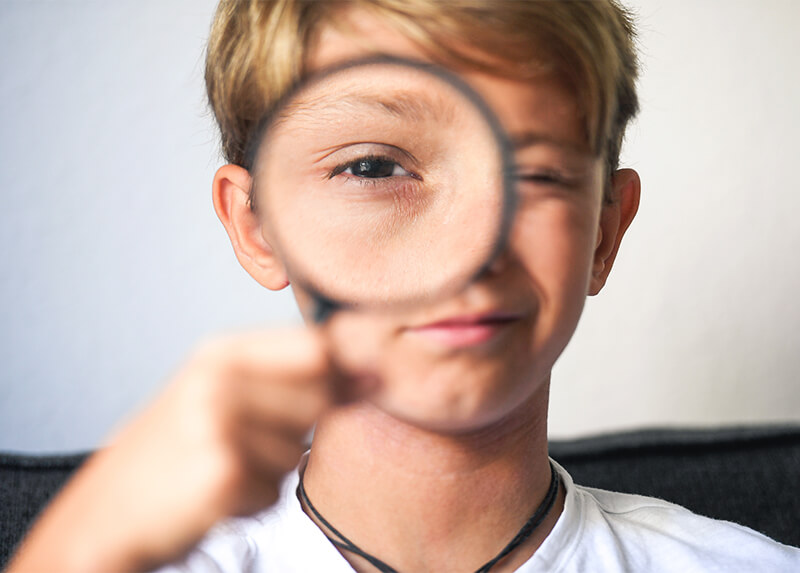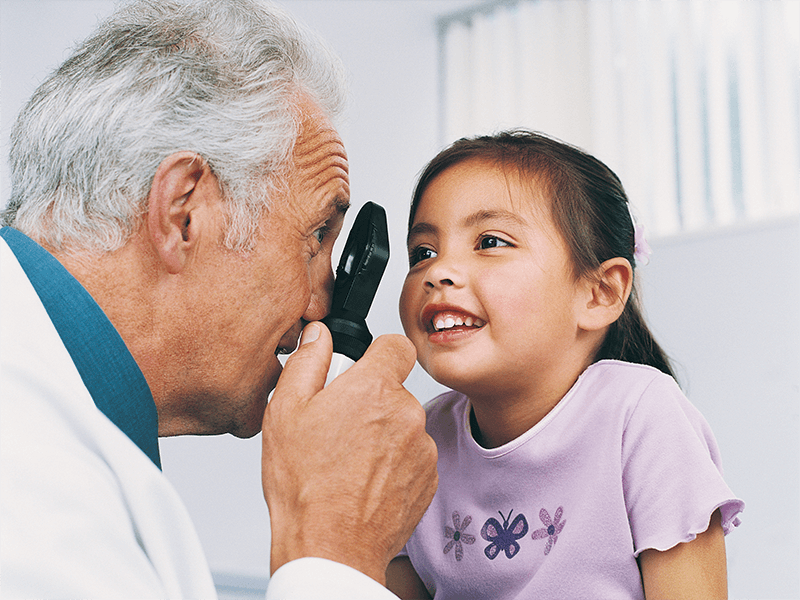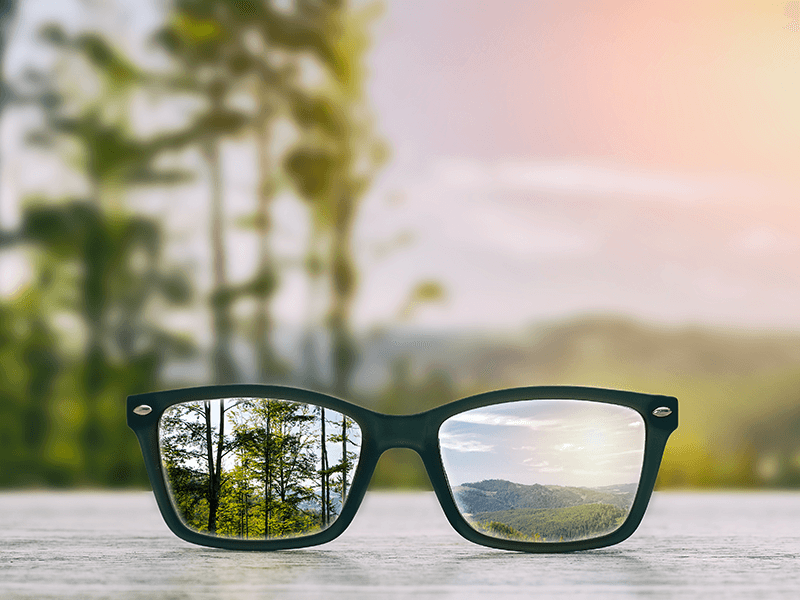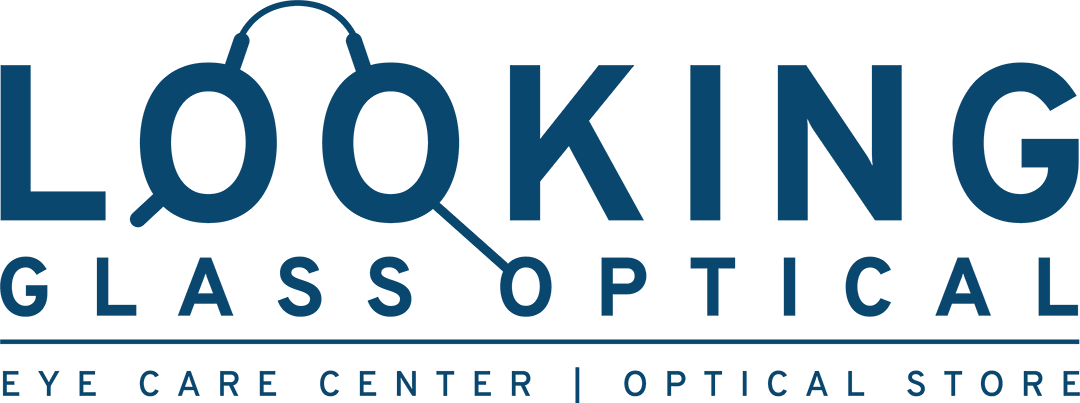Approximately 547,083 American children struggle with visual complications. As a parent, you can try a variety of techniques to help your child enjoy healthy vision. By ensuring your child consumes a healthy diet, carries out visual exercises, and goes for regular pediatric eye checkups, you can help them preserve and strengthen their eyesight.
Read more →Office ergonomics are commonly associated with back/neck, and hand/wrist health. Yet, proper desk ergonomics is also beneficial to the health and comfort of your eyes. Nearly 80% of U.S. jobs are considered desk-bound or sedentary. Now, with the pandemic even more people have been required to work from home. Because of this shift, there is less walking and more sitting. While office ergonomics might have been considered by your employer, not many apply it to their home office.
Read more →Summer is quickly coming to an end and that means the school year is upon us. And, as we know, many of the kids will be learning remotely. Which also means that extra screen time is inevitable. Now, there is a lot of buzz surrounding the benefits of blue light glasses for adults that stare at screens all day, but are they a good idea for the kiddos? Here’s everything you need to know about blue light and protective glasses.
Read more →Although it’s not the most common topic to discuss when it comes to aging and physical health, it’s important to understand how our eyes grow and develop. Did you know that at birth our eyes are about two-thirds smaller than they’ll be when we reach adulthood? It’s true. And, understanding your eyes will help you take better care of them in the future. Read on to learn how the eyes grow and develop from birth to late adult life.
Read more →Summertime screams unlimited free time, relaxation, and no homework. But, during those few months away from the classroom, children are likely to spend more time in front of screens. Of course, too much screen time is bad for anyone, young or old. Not to mention, one of the biggest health issues related to smart devices are vision-related. Learn more about the impact of prolonged screen usage, as well as alternatives to screen time for kids this summer.
Read more →As a parent, you want the best for your children in every aspect of their lives. That includes their vision. You may already be aware of the importance of regular eye doctor visits. However, there are warning signs of potential issues to be aware of. That way, you can spot symptoms early and inform your doctor. Here’s what you need to know to identify and address the most common childhood vision problems.
Read more →Most eye injuries among kids occur between the ages of 11 and 14 while playing sports. Although, they can happen at any age. However, the majority of these injuries can be prevented with proper precaution and understanding of eye care. Here is what you need to know about sports-related eye injuries and how to avoid them.
Read more →The first eye test for kids should take place by a pediatrician when the child is six months old. It’s wise to get them checked early to rule out disease and lazy eye. Even if there are no risk factors or family history of eye problems, children should have their vision checked again at age 3 and before first grade. By age 2 ½ to 3 ½, all children should have a routine professional, comprehensive eye health, vision and vision development examination. Further, screenings by pediatricians or schools are not a substitute for a professional eye exam.
Read more →Each year, children are encouraged and often required to receive a physical before returning for the new school year. While physicals are important and should occur annually, an examination that we often overlook is back to school eye exams. Your child’s eye health is vital, especially during school age when their eyes are still developing. Even if you haven’t noticed any concerns or your kids haven’t complained of difficulty seeing, you should still have an eye exam each year. That way you can get a comprehensive look at their overall eye health and vision. Let’s take a look at the importance of back to school eye exams for children.
Read more →You may have heard the term ‘Astigmatism’ before. Perhaps, your friend or a family member has been told that they have it. Astigmatism is a common eye disorder affecting roughly 3 million Americans every year. It is not a serious or life-threatening condition, but how can you be sure that you have it? And, what can be done to treat it?
Read more →
